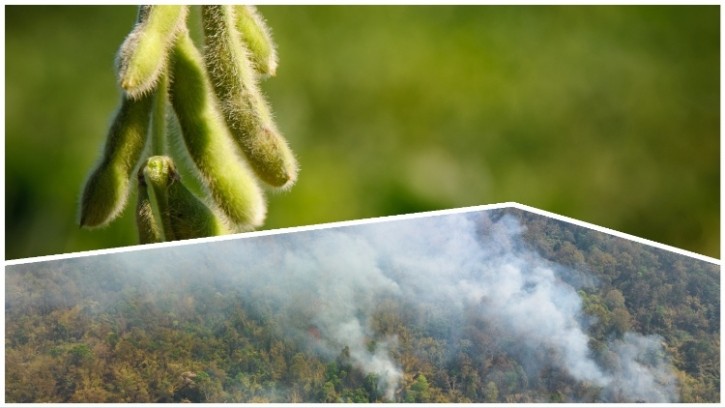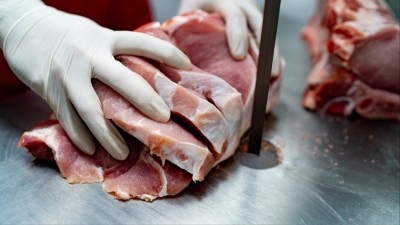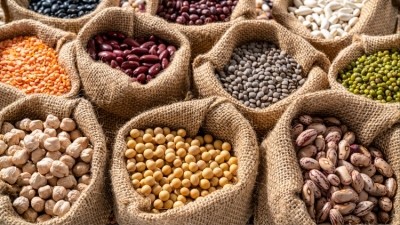News
Soy trader loop hole may see deforestation seeping through cracks

The fourth annual Soy Trader Assessment showed significant gaps in action towards achieving full deforestation and conversion free soy.
The annual review from the Soy Transparency Coalition (STC) – which includes members such as Cranswick, Hilton Food Group, Sainsbury’s, KFC, and Pilgrims, among others – explores the policies and actions of the 11 most prominent soy traders supplying its members.
The key findings of the 2024 review found that soy traders are behind where they need to be to align with the universal deforestation cut-off date mandated by the European Union Deforestation Regulation (EUDR).
Charlotte Williams, co-author of the report and sustainability consultant at 3Keel which carried out the research, said: “During the assessment, it was not clear what level of engagement traders are having with farmers to prevent deforestation and land conversion in the lead up to a later cut-off date.”
As Williams goes onto explain, traders who do not have a universal cut-off date, or one later than the EUDR 2020 deadline, could continue as they are by segregating their supply chain: “There is a risk of the global supply chain splitting, with high-risk soy sent to regions that do not yet have the same level of regulations as the EU.”
Delving into the gaps, the report found that indirect supply (where trades purchase soy from intermediaries) traceability is a big challenge, with traders under increasing pressure to close the gap.
It also highlighted that while there has been progress in disclosing non-compliance to policies within traders’ supply chains, traders continue to be inconsistent in monitoring their entire supply chains. In addition, there are shortcomings in the verification of progress towards sustainability commitments.
Climate change commitments covering supply chain and land use change emissions are also flagging. Most traders have recognised the importance of reducing scope 1 and 2 greenhouse gas emissions in their own operations, the report suggests, however, commitments to address scope 3 and emissions from land use change are said to be insufficient.
In the coming years, there is likely to be increasing pressure and scrutiny on soy traders to set ambitious targets to reduce these emissions.
Although most traders are investing financially in landscape initiatives in areas they source from, there appears to be a lack of disclosure, making it difficult to assess the impact of these initiatives and how traders intend to scale them.
Eight traders disclosed that they are investing financially in landscapes they source from using a combination of mechanisms. The most commonly reported landscape investments include:
1. Increasing yields on existing production land.
2. Compensation mechanisms whereby landowners or farmers are paid for conserving their land.
3. Focusing expansion on already degraded lands.
4. Regenerative agriculture.
Each year, the report provides an overall annual benchmark of the performance of major soy traders. The average trader score from this year’s assessment was 36%, a small increase on last year’s average of 33%. Traders’ scores varied greatly, ranging from 63% to 11%.
In light of these findings, the report recommends that all policymakers align their policies and requirements for deforestation- and conversion-free production to send stronger market signals and systemic change.
Commenting on the report, a spokesperson from coalition member Sainsbury’s, said: “The Soy Transparency Coalition report highlights the need for further commitments and transparency from traders if we want to halt deforestation and conversion in supply chains.
“The EU Deforestation Regulation shows that significant progress on transparency can be made in a short period of time.”
The Soy Transparency Coalition comprises 13 food & drink and retail companies, with an aim to help supply chain companies and investors overcome transparency challenges in the soy sector and deliver a sustainable production system.
















